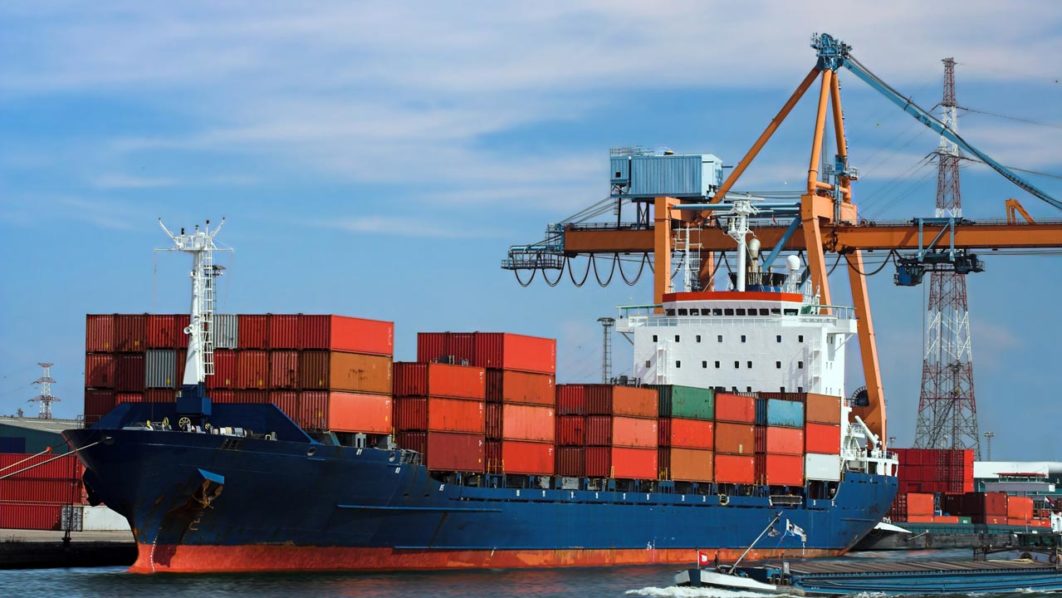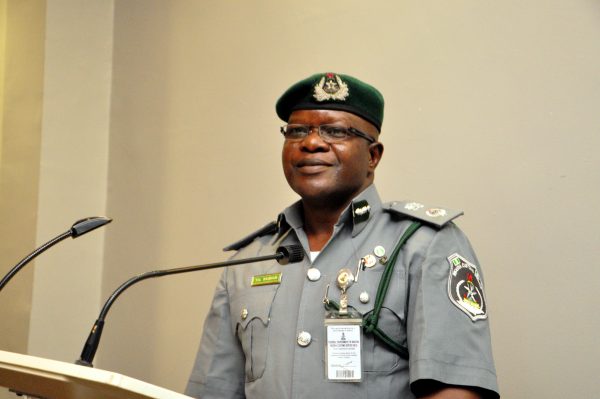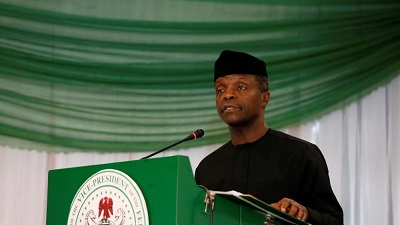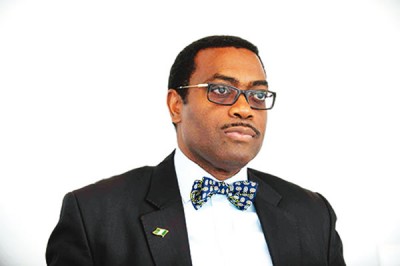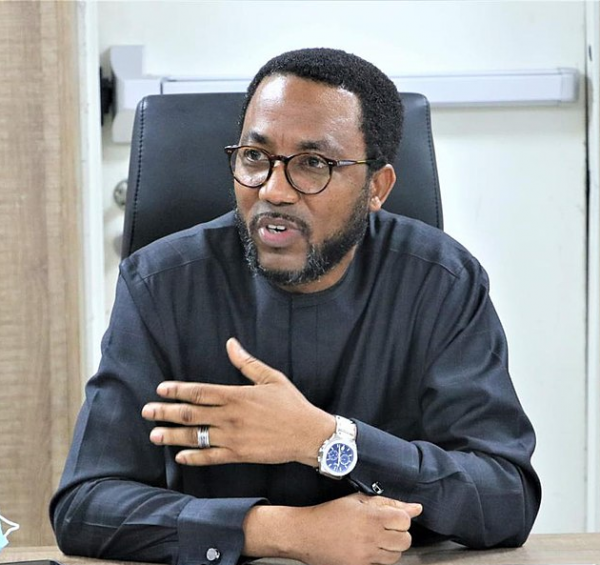TSA: FG renegotiates fees with service providers

Why we keep funds outside TSA — NNPC
The Federal Government has commenced negotiations with all service providers on the Treasury Single Account in a bid to reduce the cost of running the policy.
The Accountant-General of the Federation, Mr. Ahmed Idris, who disclosed this in Abuja on Monday, said though the TSA had saved the government about N40bn monthly that was hitherto being paid as bank charges, the government was still seeking ways of cutting costs.
Idris had appeared before an ad hoc committee of the House of Representatives, which was investigating the operations of the TSA.
The committee is chaired by a member of the All Progressives Congress from Kano State, Mr. Abubakar Danburam-Nuhu.
An indigenous firm, SystemSpecs, was engaged by the Central Bank of Nigeria in 2011 to provide the Remita platform on which the apex bank coordinates all accounts linked to the TSA.
Under the terms of the service, SystemSpecs is entitled to one per cent of each in-bound transaction and up to N5,000 for each out-bound transaction.
The firm was last paid in 2016, while as of December 2017, the total outstanding against SystemSpecs was in excess of N10bn for out-bound services.
This excluded the N7.6bn it initially earned as service fee but was later directed by the CBN to refund the money because there were issues to be reconciled.
The firm and the government have yet to come to an agreement on the total outstanding for in-bound payments.
Idris, the CBN and SystemSpecs confirmed the figure before the committee at the National Assembly on Monday.
But, at the session, the CBN and the AGF disagreed over which of them enjoyed the services of SystemSpecs most and should pay for its services.
The committee directed the CBN to immediately resolve the issue and pay SystemSpecs its outstanding service charge.
However, Idris, who appeared in company with the Deputy Director/Coordinator, TSA/e-Collection, Funds Department under his office, Mr. Sylva Okolie, said a downward review of the charges was on the table for discussion.
The AGF asked Okolie to explain further.
Okolie said, “It is good that this issue (cost of running the service) came up; we think that we can discuss it and we are already talking with the stakeholders.
“We know that there are advantages with the electronic platforms and the technology-driven system is the best for us. However, we still maintain that the cost of any transaction should not be more than N100.”
Speaking further on the operations of the TSA since 2015, Idris told the committee that N8.9tn had accrued to the account as of February 9, 2018, while N303bn was captured as consolidated balance.
The AGF, who represented the Minister of Finance, Mrs. Kemi Adeosun, also stated that 1,674 Ministries, Departments and Agencies had enrolled on the TSA platform.
In addition, he said another 3,118 TSA sub-accounts had been captured to date.
He confirmed that certain accounts were exempted from the TSA because they were not entirely Nigerian government-owned accounts.
Among them are the West African Examinations Council’s account and the Nigerian National Petroleum Corporation’s Joint Venture accounts.
Idris explained that the accounts had multiple owners and could not be captured by the TSA.
“WAEC, for instance, is an international examinations body. Nigeria and other countries are there. You cannot place funds belonging to multiple countries in a single account operated by only one of the members,” he stated.
The NNPC admitted that it operated accounts with various sums outside the TSA.
The accounts have N59.47bn; $1.19bn; £216.m; and €6,377 as deposits.
In a presentation to the committee, the corporation said these were JV accounts run by it and private JV partners.
It said the money was regularly withdrawn for JV operations after which the proceeds were shared at the ration of 60 to 40 between the government and the JV partners.
“The share of the government then goes straight into the Federation Account and not back to the JV account,” it stated.
The NNPC added that the government’s part of the JV account was usually appropriated by the National Assembly during the yearly budget approval.
The committee later directed the finance minister and the AGF to submit a report on the cost-benefit analysis of operating the TSA in order to reassure Nigerians that “we are making gains from the TSA and not losing in disguise.”




